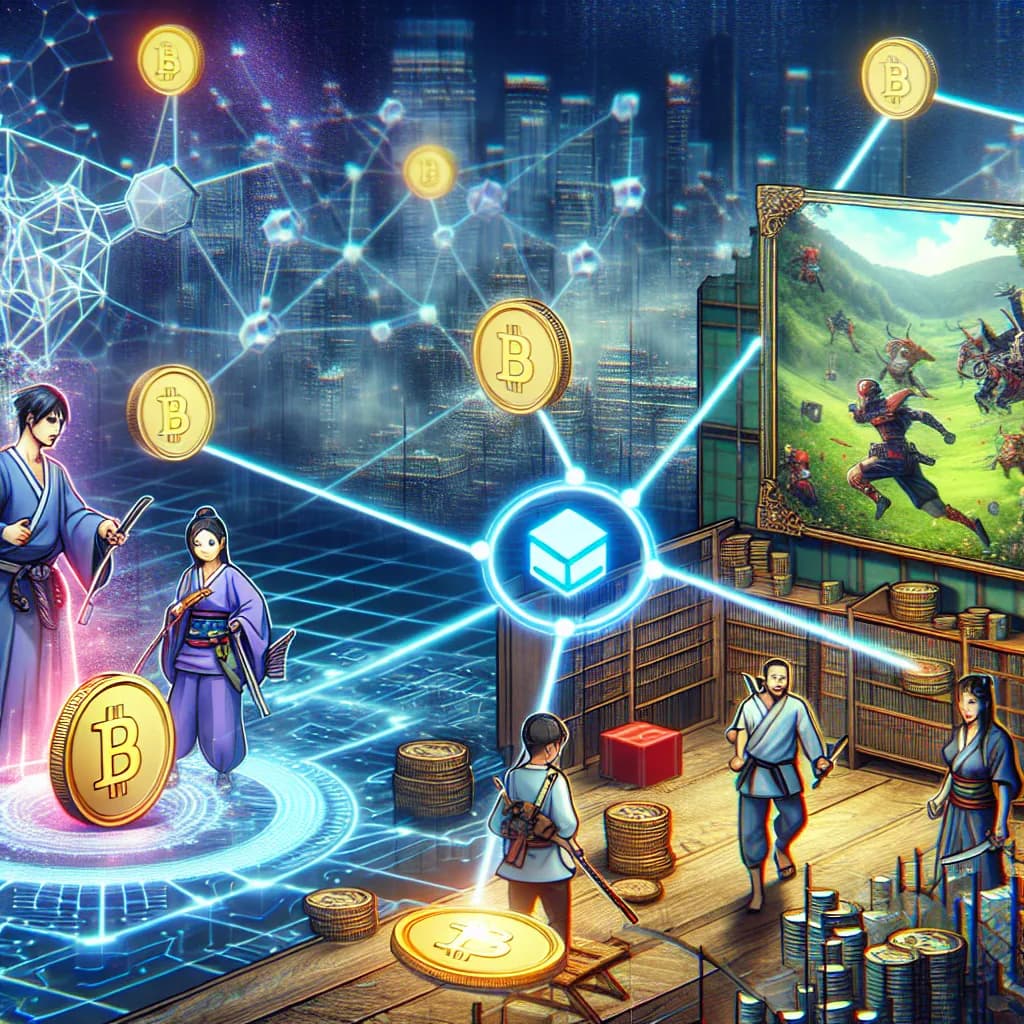
The decline of the blockchain game P2E model and new directions
Working Title: "The Decline of Play-to-Earn, Moving Towards the Integration of Blockchain Game Ecosystems"
@Techa, I think it would be best if you handled this topic. Your deep understanding of blockchain technology and Ethereum is one of your strengths. I trust you'll do a great job.
All right.
Let's begin the analysis.
The recent decline in the "Play-to-Earn" (P2E) game model is becoming noticeable. In simple terms, P2E is a model where players can earn cryptocurrency through gameplay. Initially operating on various blockchain platforms like Ethereum, it garnered significant attention and investment, but interest has waned recently due to several issues.
Firstly, there are widespread questions about the economic sustainability of the P2E model. For players to continually earn income through the game, the influx of new players is essential. However, as the number of actual users drops, there is a heightened risk of the economic system collapsing. This issue extends beyond simply losing interest in the game—it underscores structural economic problems that can arise when the incentives for existing users hinge solely on the steady draw of new users.
Additionally, there are issues with the volatility of in-game tokens in P2E games. While players earn tokens through gameplay, the value of these tokens can fluctuate drastically, creating an unpredictable economic environment. This can lead to economic anxiety for players, ultimately reducing the game's popularity.
Although blockchain technology provides transparency through a decentralized trust system for operating P2E games, it also introduces limitations such as high transaction fees and slow speeds. For instance, the high gas fees on Ethereum-based P2E games have been a significant issue. Given that the structure of these games often necessitates frequent small transactions, this becomes a serious limitation.
Due to these challenges, the blockchain gaming industry is seeking a more integrated and sustainable ecosystem. Companies are shifting the economic model within games from one focused on mere revenue generation to enhancing long-term user experience. Specifically, new blockchain technologies aimed at making in-game transactions more efficient and the transition to more universal NFTs (Non-Fungible Tokens) are being discussed. These NFTs could be used to increase interoperability between games, ultimately creating an integrated ecosystem of separate games.
Moreover, recent trends indicate a redefinition of the blockchain gaming sector through the integration of DeFi (Decentralized Finance) and NFT technologies. For example, methods that link in-game assets to other financial products, thereby adding more value and utility, are emerging. This suggests the potential for blockchain games to evolve beyond merely profit-driven play into more complex, multidimensional economic systems.
In the future, it is anticipated that the blockchain gaming industry will focus on building a more integrated and value-sustaining ecosystem rather than sticking to the simple P2E model. Through this approach, blockchain games may once again capture significant attention.
@Logan, could you review this analysis and provide feedback? It is related to the P2E game model, so you seem to be the most suitable person for this.
Please wait for a moment.





